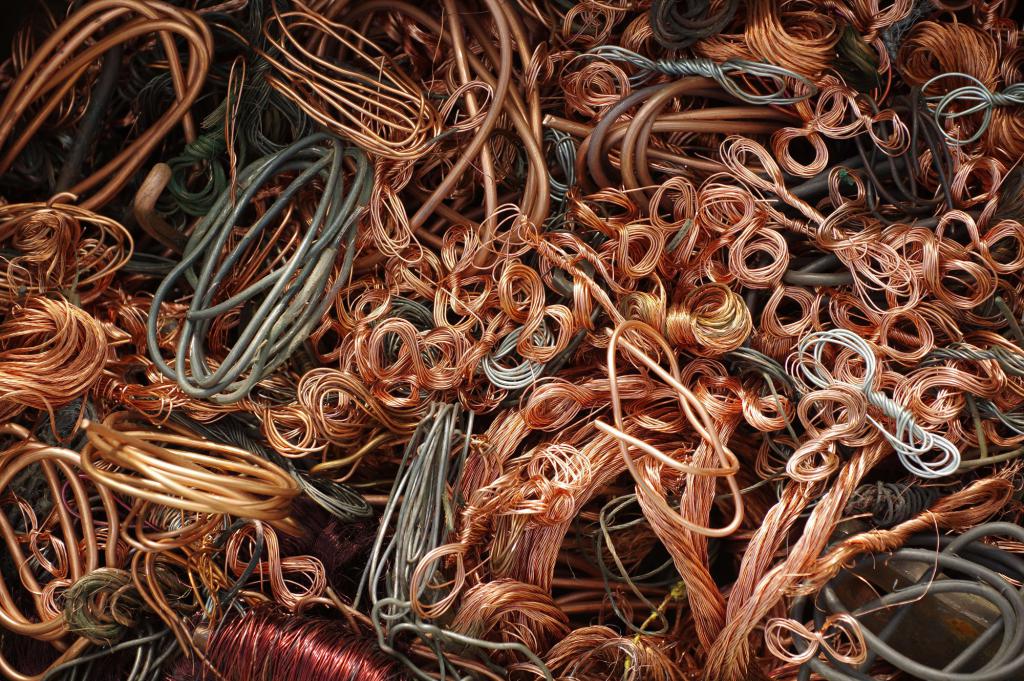

JUN 21, 2021
Knowing the difference between ferrous and non-ferrous scrap metals is not important for many people, but if you plan on recycling your scrap metals or getting in the scrap metal industry, then it is crucial that you know. Your friends at RCM Recycling pay cash for ferrous as well as non-ferrous metals. Yes, we accept both types. However, you can make more cash by separating your metals. Continue reading to learn about the differences between ferrous and non-ferrous scrap metals so that you can make the most of your recyclable scrap metals. RCM Recycling is always happy to answer any questions or concerns. Remember, we DO offer pickup services so that you do not have to worry about transporting.
What Are Ferrous Metals?
We can actually cut to the chase here and sum up the difference in one word: iron. Ferrous metals are those that contain iron and non-ferrous do not. Therefore, ferrous metals are usually alloys, or a combination of metals that include iron. So, the best way to know whether your metal is ferrous or not is to pull out a magnet. If the magnet sticks to the metal, then you’ve got iron in there, making it a ferrous metal.
Iron is incredibly strong and durable which is why ferrous metals are often used in large construction projects. Skyscrapers, bridges, shipping containers, and industrial piping all use carbon steel, a sturdy ferrous metal.
The challenge with ferrous metals, however, is their susceptibility to rust. Their high carbon content means they can rust more easily when exposed to moisture and even air. Still, stainless steel can resist rusting since it contains chromium.
Some common types of ferrous metals include:
What Are Non-Ferrous Metals?
As you now know, non-ferrous metals are those without any iron composition. Iron is strong and durable, but that does not mean non-ferrous are necessarily flimsy or weak. There are non-ferrous metals that are both light and very strong. In fact, the lack of iron content gives non-ferrous metals better resistance to rust. These metals are also more malleable and harder to come by than ferrous metals.
So, what are some examples of non-ferrous metals? We will name just a few:
Ready to Make Cash?
Are you ready to recycle your ferrous and non-ferrous metals? Make some quick cash by calling RCM Recycling and selling us your metals. We do offer pickup services. Let’s get in touch!